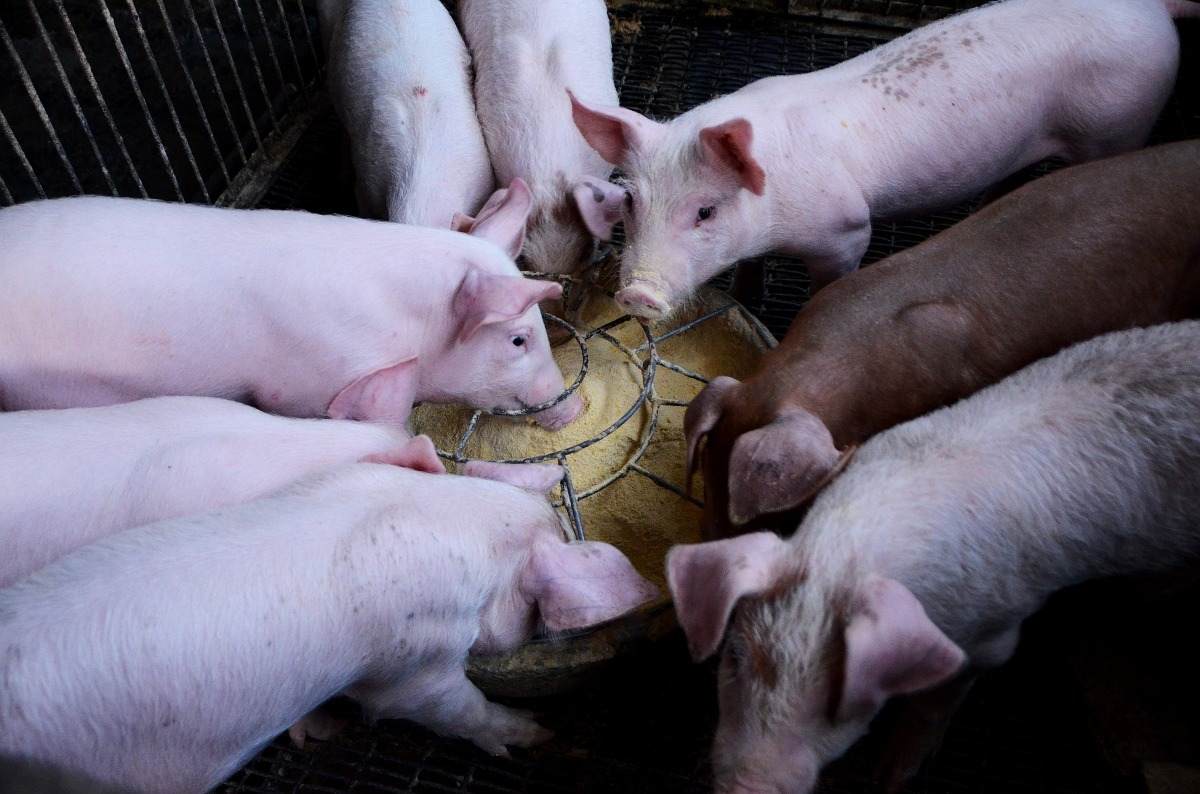- Este debate está vacío.
- AutorEntradas
- enero 21, 2025 a las 11:17 pm #543308

When it comes to raising pigs, one of the most crucial aspects is their diet. The types of pig feed available can greatly impact the health, growth, and overall productivity of the animals.
A well-balanced diet tailored to the specific needs of pigs can enhance their weight gain, reproductive performance, and feed efficiency. In this article, we will explore the various types of pig feed and their benefits.
1. Grower Feed
Grower feed is specifically designed for pigs in the growth phase, typically from weaning until they reach a certain weight.
This type of feed contains a balanced mix of proteins, vitamins, and minerals necessary for optimal growth. The primary goal of grower feed is to provide the energy required for muscle development while promoting healthy weight gain.
This feed often contains higher levels of protein compared to maintenance diets, allowing pigs to convert feed into body mass more efficiently. By using high-quality ingredients, grower feed supports a robust skeletal structure and overall health.
2. Finisher Feed
Once pigs reach a certain size, they transition to finisher feed, which is tailored for those nearing market weight. This type of feed focuses on maximizing weight gain and achieving the desired fat-to-muscle ratio.
Finisher feed generally contains higher energy levels and lower protein content compared to grower feed, as the pigs’ focus shifts from growth to fat deposition.
It may include grains, energy-dense ingredients, and additives that promote optimal carcass quality. Properly formulated finisher feed can significantly enhance the profitability of pig farming by ensuring that the animals reach market readiness efficiently.
3. Starter Feed
Starter feed is designed for young piglets transitioning from milk to solid food. This type of feed plays a crucial role in the initial growth stage, providing essential nutrients to support the development of the digestive system.
Starter feeds are typically finely ground and highly palatable to encourage consumption. They often contain higher levels of protein, vitamins, and minerals to meet the nutritional demands of growing piglets.
A well-formulated starter feed can significantly reduce weaning stress and support early growth, laying a strong foundation for the piglets’ future development.
4. Specialty Feed
Specialty feeds cater to specific needs or conditions of pigs. This category includes feeds designed for sows, boars, or pigs with particular health issues. For instance, gestation and lactation diets are formulated to support the nutritional requirements of pregnant and nursing sows.
These feeds are rich in energy and protein to promote fetal development and milk production.
On the other hand, boar diets may focus on maintaining optimal body condition and libido. Specialty feeds ensure that every pig receives the nutrients necessary for its specific life stage and role within the farming operation.
5. Organic and Non-GMO Feed
As consumer demand for ethically raised and organic products grows, many pig farmers are turning to organic and non-GMO feeds. These feeds are made from ingredients that are free from synthetic pesticides and genetically modified organisms.
Organic feed can offer numerous health benefits to pigs, including improved immune function and reduced stress. Additionally, many believe that pigs raised on organic diets may produce higher-quality meat.
While organic and non-GMO feeds can be more expensive, the potential for higher market prices and consumer preference can make them an attractive option for farmers.
In conclusion, understanding the various types of pig feed is essential for anyone involved in pig farming. Each category of feed—whether it’s grower, finisher, starter, specialty, or organic serves a specific purpose in ensuring the health and productivity of pigs.
By selecting the appropriate type of pig feed tailored to the animals’ growth stages and individual needs, farmers can enhance their operational efficiency and overall profitability.
Investing in the right feed not only supports animal welfare but also contributes to the sustainability of the pig farming industry.
- AutorEntradas
- Debes estar registrado para responder a este debate.






